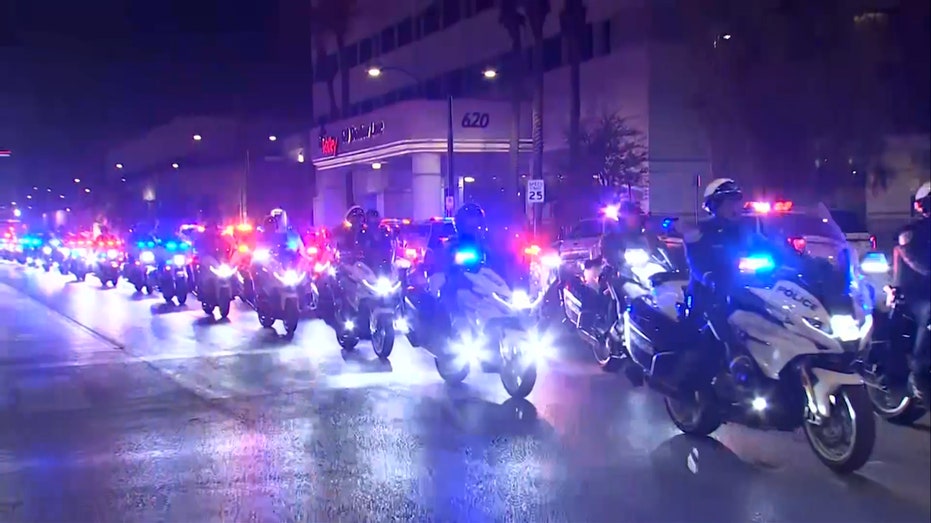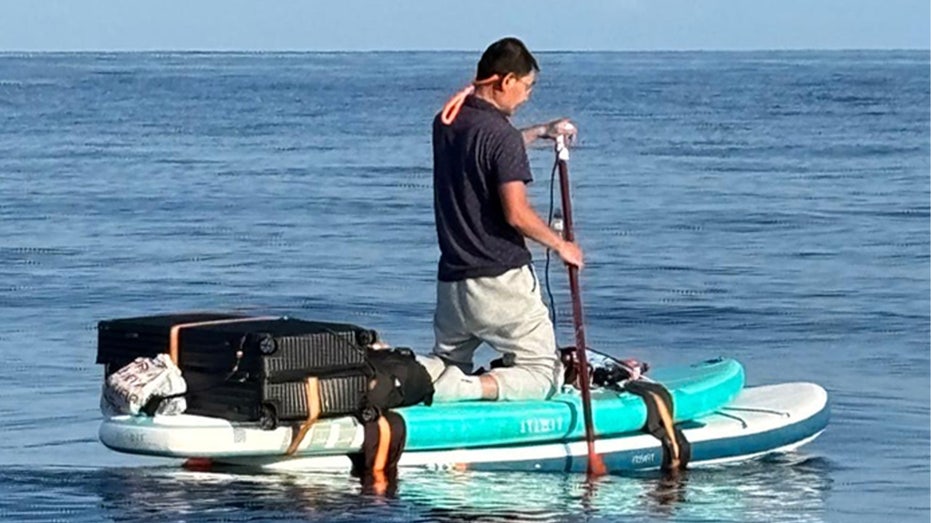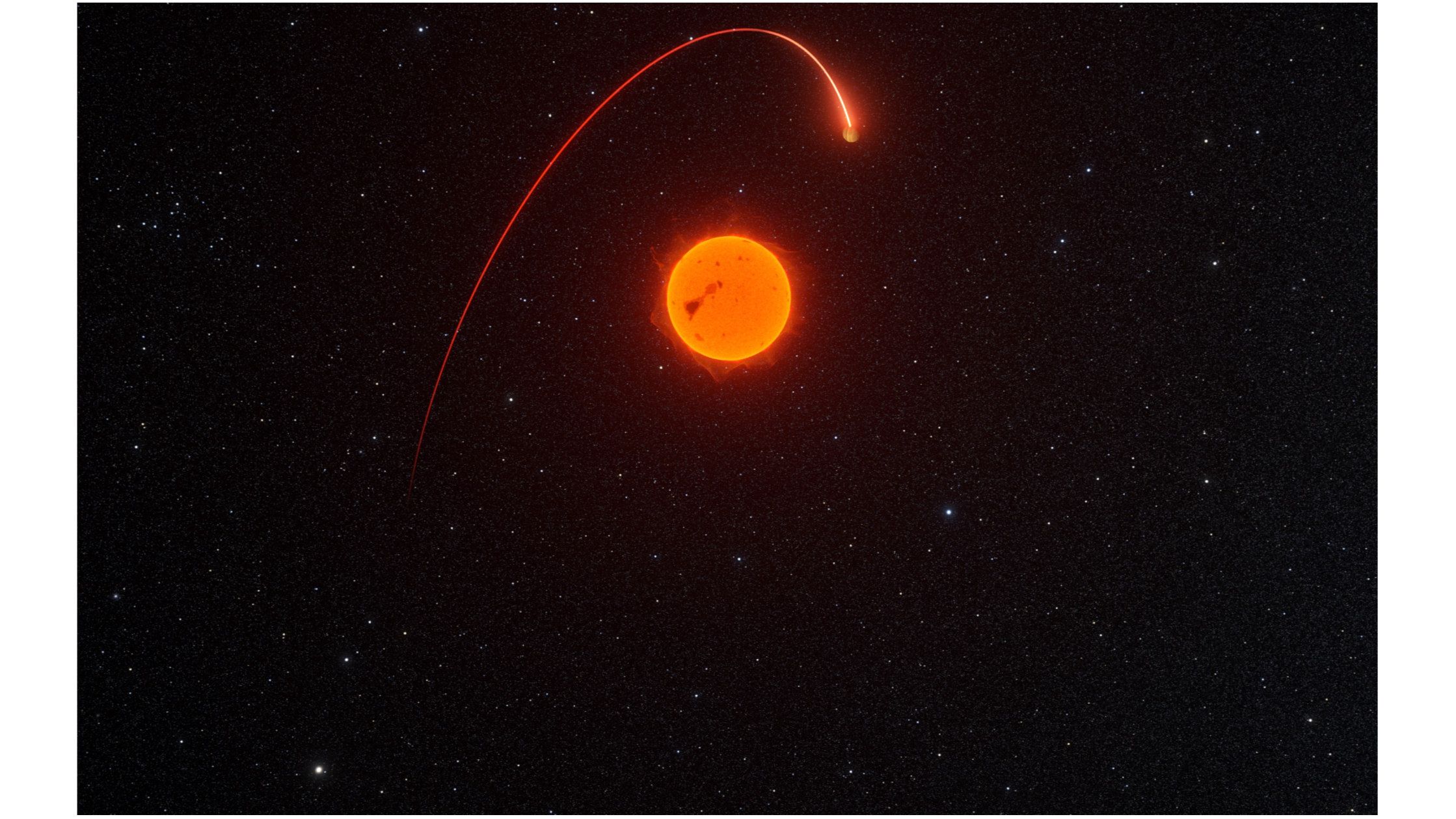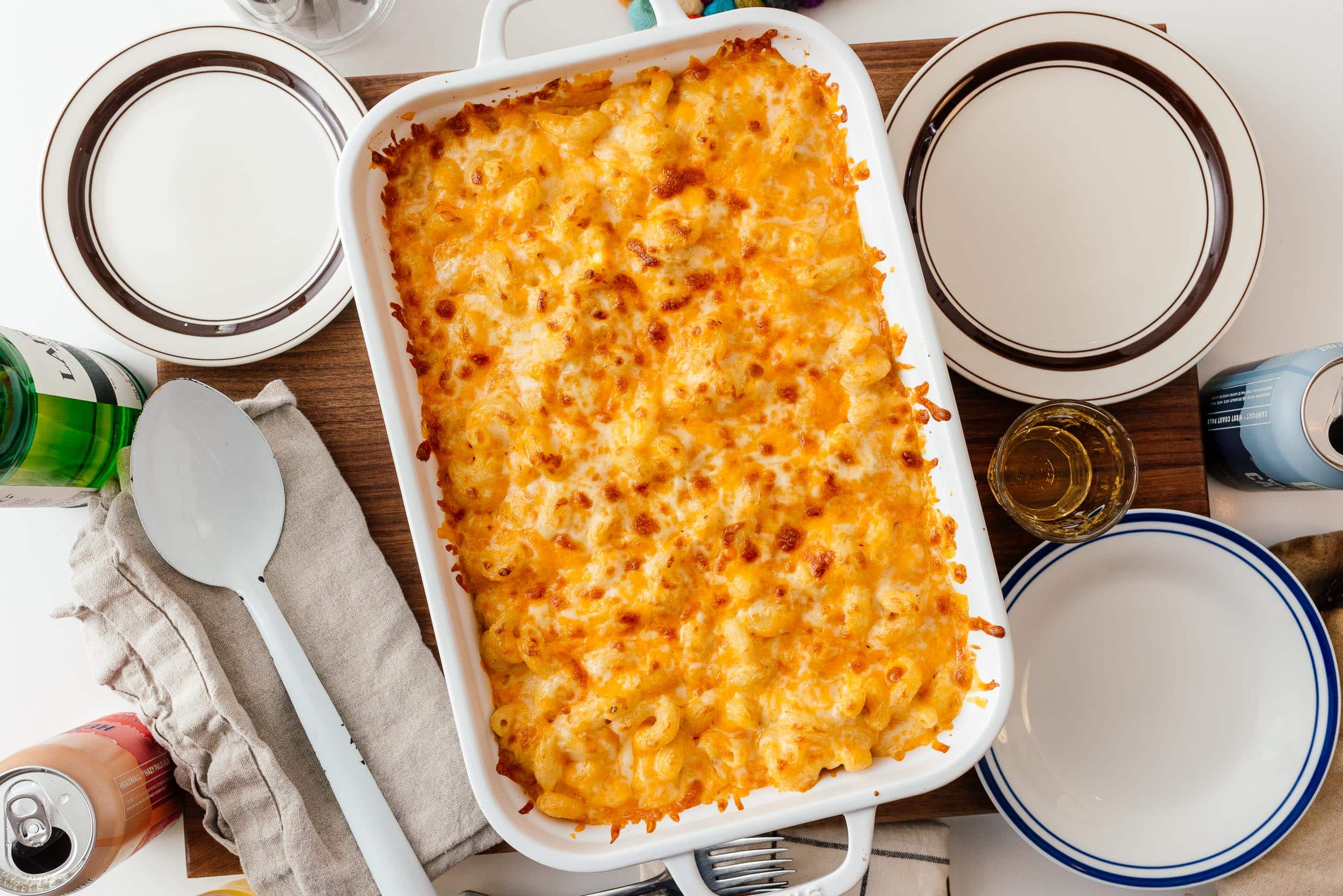Parmalee on Working a ‘Hard’-Drivin’ Groove in Brisk, New Single ‘Cowgirl’
Billboard looks at the writing and recording process behind Parmalee's new song "Cowgirl."

One of the many benefits of the internet is one that 20-somethings likely take for granted: immediate access to song lyrics.
Prior to the advent of Google and Safari, consumers who wanted confirmation of a song’s words generally needed to buy the album – and hope that it contained the lyrics – or pick up the sheet music. A few publications, such as Country Song Roundup or The Tennessean, regularly printed the text to hit songs, but other than that, fans were left to debate if they were hearing things right.
Still, the lyric sites aren’t always spot-on. Songwriters regularly laugh about the misprints of their material, which get passed from site to site, correctly or not.
One obvious example comes with the new Parmalee single, “Cowgirl,” where lyric sites include this verse-one line: “Drivin’ a Range, but now I wanna giddy hard.”
Clearly wrong, right? Wrong, it’s right!
“It’s like, ‘giddy up hard,’ man,” says Parmalee lead singer Matt Thomas. “You want to get it, get with it, you know? Like, ‘giddy hard.’ It’s one of those things where it doesn’t make any sense, but it kind of does, if you think about it.”
The thing that stands out most, though, about “Cowgirl” is a hard, syncopated backbeat. It feels like a cousin to the Bo Diddley groove or, as Thomas suggests, the cheerleader rhythms of the 1982 Mickey Basil pop hit “Mickey.” That alone should have programmers paying attention: sports-based riffs formed the foundation of Shania Twain’s “Any Man Of Mine” and “Man! I Feel Like A Woman!”
Despite the Western motif of the “Cowgirl” title, the song’s drumbeat is imported from the United Kingdom, where four songwriters – James Daniel Lewis, Peter David Newman, Robbie Jay and Thomas Frank Ridley Horsley – fashioned the bulk of it before shipping it off to 33 Creative co-owner Tina Crawford, who found it intriguing. She shared the programmed demo with her co-owner, writer-producer David Fanning (“Take My Name,” “Tennessee Orange”), who in turn brought it to Thomas. And they played it for Parmalee on the band’s bus.
“I don’t think there was a bridge in there, but for the most part, it was pretty much there,” recalls the band’s bassist, Barry Knox. “It was a solid, solid idea.”
The group’s other members, drummer Scott Thomas and guitarist Josh McSwain, agreed. Parmalee’s first single, 2012’s “Musta Had a Good Time,” had set expectations for a career built on hard-hitting uptempos, but the group’s biggest successes have leaned toward midtempos and ballads. That includes their last four singles, three of which – the Blanco Brown collaboration “Just the Way,” “Take My Name” and “Gonna Love You” – reached No. 1 on Country Airplay. Matt and Fanning thought the time was right for a song that grooved like “Cowgirl,” if they could fit it to Parmalee.
“We needed something unique and fresh,” Fanning says. “Coming from the U.K. and everything, they’re trying to write towards country music and get into this genre. And they just send us something that we really were like, ‘Hey, that sounds fresh. How do we make this Parmalee?’”
Batting it around for much of May, they changed a few lyrics, made some melodic tweaks and wrote a bridge to generate a change of pace. “We needed something catchy, something fun in there,” Matt says. “We needed something to sing that’s going to be abstract, kind of like the ‘giddy hard’ thing, and we came up with the ‘24-karat palomino.’ I was like, ‘Yeah, man – palomino, golden horse. That’s it.’ Like, everybody’s yell that during the break.”
Matt brought in the “giddy hard” thing, and all told, the song struck a balance between the abstractions and more standard images from mainstream country. “It’s got a lot of clichés in it, too,” Fanning notes. “You’re talking about [trucks] and Levi’s and Bud Light, all the things that are country. But that’s the thing about country music. That stuff never does get old. It’s just, how are you gonna say it differently?”
Halie Welch, the “Hawk Tuah girl,” was recording at the studio across the hall when Fanning produced “Cowgirl” at Nashville’s Sound Stage in early July, building on top of the percussive loop from the original demo, for which Lewis received a co-producing credit. Fanning assembled a small studio band, better enabling them to get through all five of the day’s songs speedily. Parmalee, though, watched from the control room to guide the studio players to performances that captured some of the nuances of the band.
“We’ve been playing together for 25 years, so we call it the Parmalee groove,” Knox says. “It’s more of a laidback kick drum groove, as opposed to a heavy forward[-leaning] punk kick drum. There’s a little more space in the Parmalee groove.”
The band would overdub instrumental parts later to get more of the band’s imprint on the recording, around the time that Matt threw down the final vocal, working the upper part of his register. Knox and McSwain joined him for an intense day of harmonies intended to enhance the light nature of “Cowgirl.”
“We were working in the afternoon, and I was like, ‘Alright, this is the song. We got to have a party,’” Matt recalls. “The idea was to go down to the strip club and have some tequilas, spend a couple hours in there, and then come back to the studio. But that didn’t happen.”
“Plan A didn’t quite work out, but plan B was we were still gonna have a little bit of tequila,” Knox says.
The guys chased down harmonies from multiple spots in the studio, creating perhaps 30 or more total voices to fashion a party atmosphere.
“You’re singing eight feet from the mic, two feet from the mic, right on the mic, just going all around the room to try to create that crowdy kind of effect,” Fanning says. And yet, listeners paying close attention will discern an additional voice on the final chorus, a high-harmony enhancement that Matt wasn’t sure he could do until he nailed it.
Parmalee considered several different tracks as the next single, though “Cowgirl” got the nod once Knox broke the ice. “Barry walked on the bus one night,” Matt remembers, “and he’s like, ‘What are we doing? What are we doing? Why are we listening to any of these other songs to be the first single? We’re crazy if we don’t go with “Cowgirl.” ’
As it turned out, the rest of the band agreed. Stoney Creek released “Cowgirl” to country radio via PlayMPE on Jan. 8. It ranks No. 50 on the Country Airplay chart dated Feb. 8 in its fourth week on the list.
Meanwhile, the odd lyric could prove to be one of its most beneficial traits.
“It’ll probably be the one word in the song that people hear and have no idea what it is, and it’s gonna make them Google it,” Knox says. “So I’m like, ‘Put it in there. I’m in.’ That’s kind of our go-to word now. Like, ‘Hey, man, we gonna giddy hard tonight.’”











![How to Build Scalable Access Control for Your Web App [Full Handbook]](https://cdn.hashnode.com/res/hashnode/image/upload/v1738695897990/7a5962ce-9c4a-4e7c-bdeb-520dccc5d240.png?#)
































































